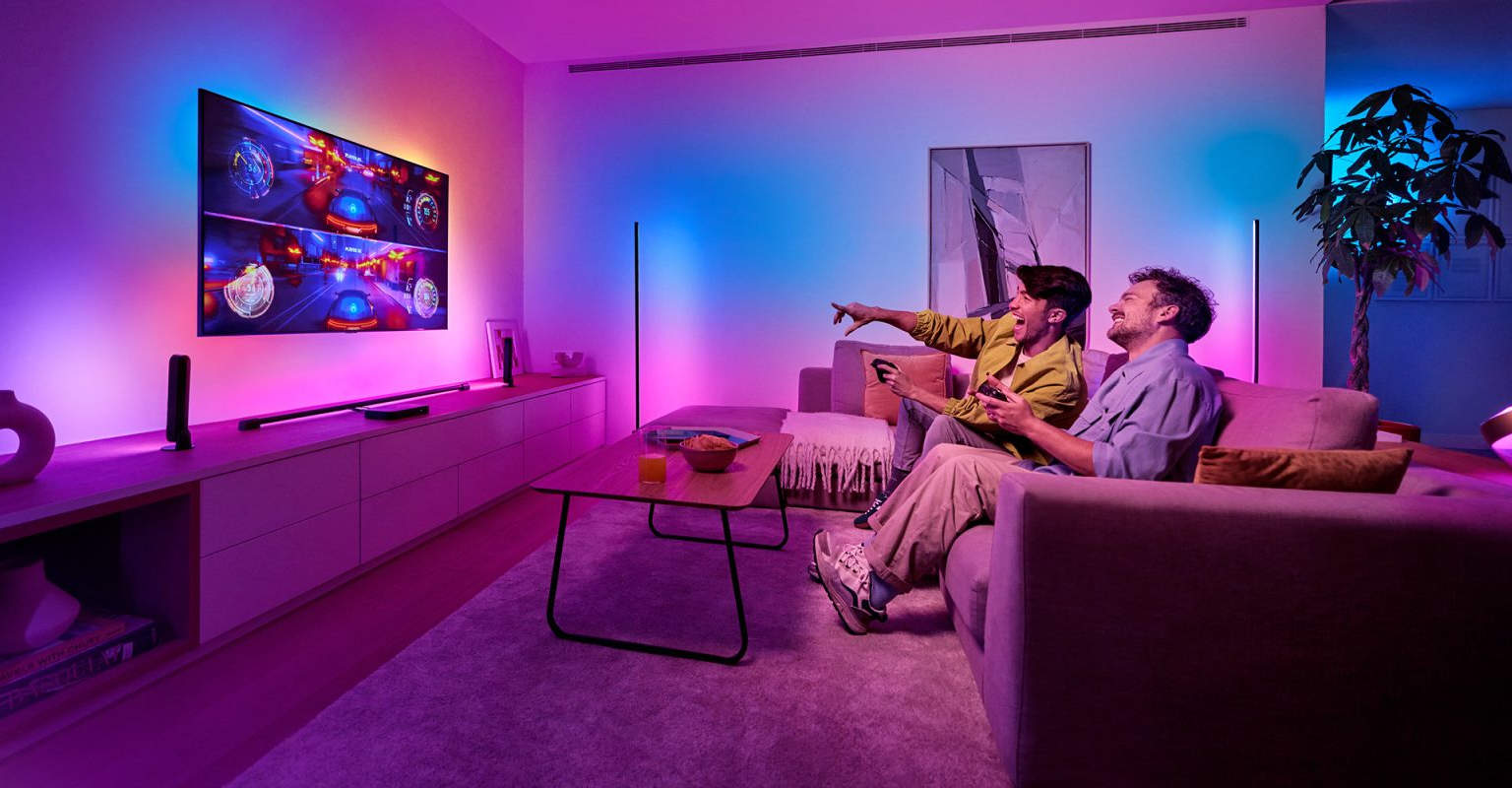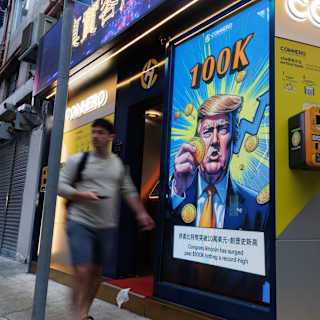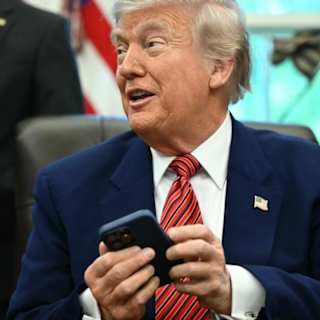- Price Hikes Already Visible
- Tariff Surge Hits Tech Sector
- Industry Braces for Impact
Smart lighting giant Philips Hue will raise prices across its entire U.S. product lineup starting July 1, becoming the latest tech company to directly attribute price increases to the Trump administration's escalating tariff regime.
Signify, the Dutch parent company behind the Philips Hue brand, confirmed Tuesday that the increases stem from what it called "a direct result of tariffs," marking one of the clearest corporate acknowledgments yet of how trade policies are hitting consumer electronics.

The company had been telegraphing the move to customers for weeks through promotional emails warning that "prices go up on July 1," while offering a 25% discount to encourage immediate purchases12. Signify has not disclosed specific price increases, but recent product launches offer clues about the scale of impact.
The new Hue Smart Button retails for $32.99 in the U.S., compared to $24.99 for its predecessor, while European pricing held steady at €21.99 ($25.57) for both generations324. Similarly, the Hue Play Wall Washer launched at $219.99 domestically, roughly 10% higher than European pricing when adjusted for currency3.
"Signify reserves the right to modify prices based on new or additional tariffs becoming effective in the future," the company said in a statement to HueBlog12.
The price increases reflect broader disruption across the consumer electronics industry as companies grapple with the highest U.S. tariff rates since the 1930s. Current levies on Chinese imports have reached 55%, combining a 10% baseline tariff, 20% fentanyl-related duties, and 25% Section 301 tariffs targeting trade practices1.
According to Yale University's Budget Lab, consumers now face an average effective tariff rate of 15.8%, the highest since 19362. The research estimates that all 2025 tariffs will raise consumer prices by 1.5%, equivalent to a $2,000 annual loss per household2.
Lock manufacturer Yale similarly blamed tariffs for increasing the price of its new Matter-enabled smart lock from $170 to $189 between its March announcement and Tuesday's launch3.
More than half of U.S. companies surveyed by Allianz said they would raise prices to accommodate tariff costs, while three-quarters of businesses facing tariff-induced increases passed along at least some costs to consumers, according to recent Federal Reserve data1.
The smart home sector faces particular vulnerability due to heavy reliance on Chinese manufacturing for components like sensors, microchips, and Wi-Fi modules23. Industry analysts warn that sustained price increases could slow adoption of smart home technology, which had been projected to reach over 60 million U.S. households by 20253.




